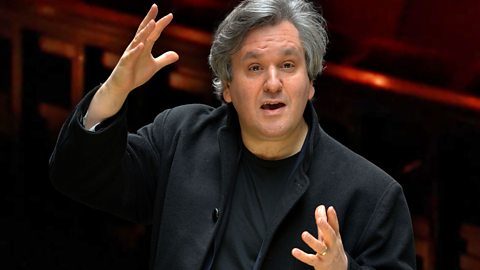By Lizzie Findley
Since La bohème’s operatic debut, there have been countless interpretations of Puccini’s masterpieces, and 2017 brings us the latest adaptation from the Royal Opera House. Combining the conducting of Maestro Pappano and directing of Richard Jones, this production has returned to the older styles of opera set design and creates a heartbreakingly simple life for the bohemians amongst the dazzling streets of Paris.
The story of bohème follows four friends as they struggle hand-to-mouth to make it through the winter and their sometimes-dark humour is offset by the passion of their relationships with women around them. Rodolfo and Mimi’s meeting and resulting duet are hauntingly innocent, yet sadly prophetic of the later acts, whilst Musetta and Marcello’s fiery on-off relationship act as an effective counterpoint.

It was a shame, however, that the production feels beset by technical issues, from lagging subtitles and unplanned noises within the broadcast to the uncomfortably silent scene changes and the slow movement of the sets. Most distracting of these was the snail’s crawl of the tavern across the stage behind Mimi and Rodolfo as they negotiate the end of their relationship, with Rodolfo fearing his lifestyle is the cause of Mimi’s rapidly declining health. Even the arrival of the quarrelling Musetta and Marcello cannot distract from this odd use of set. In contrast, the sets of the Parisian Latin Quarter and café were richly decorated and cleverly used perspective to give movement to the essentially stagnant chorus crowds.
The performance of the night must rightly be given to Michael Fabiano’s Rodolfo as he captures the passions and light-heartedness of first love, but does not neglect the pains and internal torments of his lover’s illness. The curtain closes on his abject desolations which his friends mirror and amplify to the audience. There is no denying that Fabiano deserves a role previously held by the 3 tenors due to his tentative strength outshining much of the primary cast.
An honourable mention must also be given to Joyce El-Khoury’s temptress Musetta as she dances and beguiles those men in her life; from the jaded Marcello to whichever rich patron has her arm this week. Her acting is captivating and her soaring, risqué aria in the café really allow breadth to a sometimes flat character. She rounds off the performance with a genuinely selfless act that shows her truest colours to Marcello and arguably herself.

This is the first time in 41 years a new production of bohème has been aired at the Royal Opera House and it is easy to see the attempt Pappano and Jones have made to break from the solidness of Copley’s version and give the cast a real chance to look afresh at Puccini’s characters. Between the new sets and Pappano’s ultimate mastery of the orchestra, this is a visual and audial feast for the senses.
To quote Michael Church of The Independent: “Jones’s finely crafted show may not last as long as Copley’s, but so long as it has singing and acting of this high quality, it will deserve to.”






















